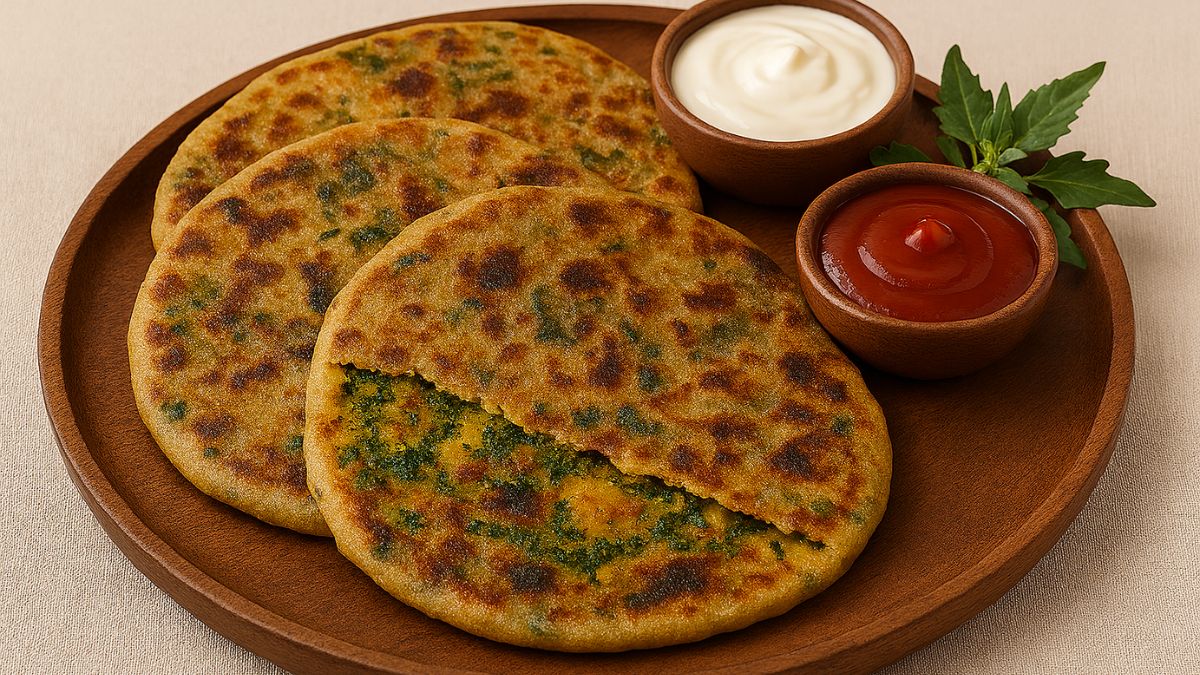Researchers at Bispebjerg Hospital, Denmark have found that high intensity exercise can prove highly beneficial to stable heart transplant recipients. The study was published in the American Journal of Transplantation and stated that for those who underwent a heart transplant, high intensity exercise can result in achieving higher levels of exercise capacity and better control on blood pressure levels. The researcher arrived at the results by examining and studying 16 stable heart transplant recipients who had been living with their new heart for over a year. Two groups were formed, one performed highly intensive fitness routine for 12 weeks over the other group that indulged in moderate intensive exercising. At the end of 12 weeks, the results were compared to finally establish that high-intensity interval training is safe in heart transplant patients and the effect on exercise capacity and blood pressure control is superior to moderate intensity training.Not only this, the research showed that that the maximal oxygen uptake increased by 17 percent in patients performing high-intensity interval training compared with 10 percent in patients performing continued moderate training. Systolic blood pressure levels also witnessed significant dip in the high-intensity group, while it remained unchanged in patients in the moderate intensity group.
"Our study documents that stable heart transplant recipients benefit from this type of training more than from the moderate training that has been recommended so far," claimed Christian Dall from Bispebjerg Hospital at University of Copenhagen, Denmark.Importantly, the training is also safe and well received by patients, he added.Inputs from IANS
"Our study documents that stable heart transplant recipients benefit from this type of training more than from the moderate training that has been recommended so far," claimed Christian Dall from Bispebjerg Hospital at University of Copenhagen, Denmark.Importantly, the training is also safe and well received by patients, he added.Inputs from IANS
Advertisement







